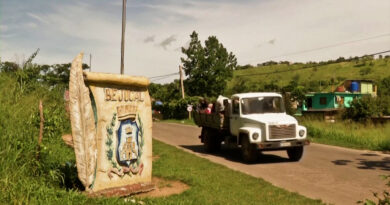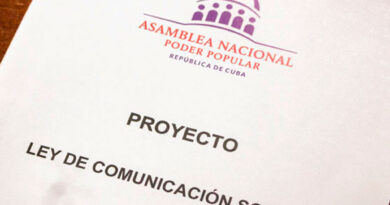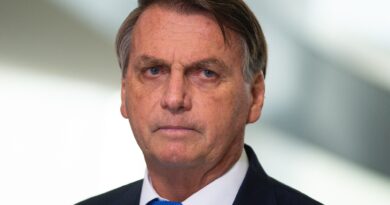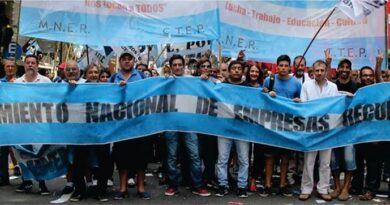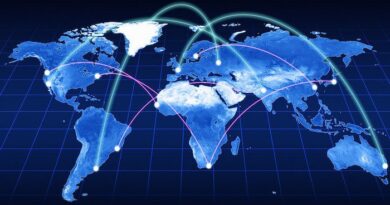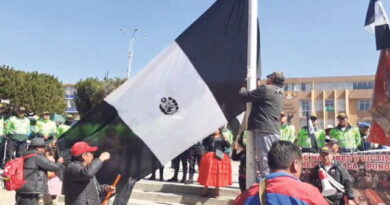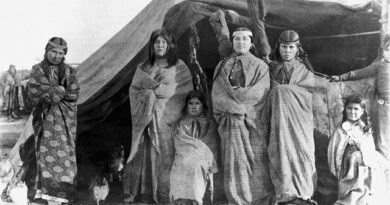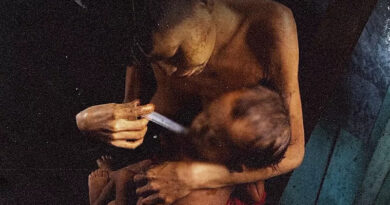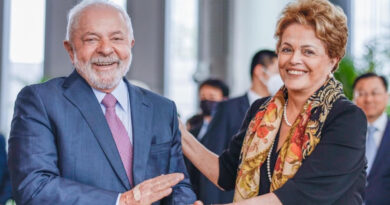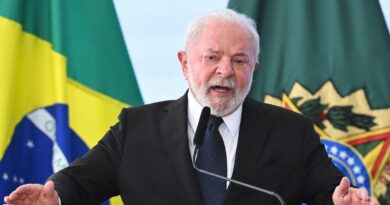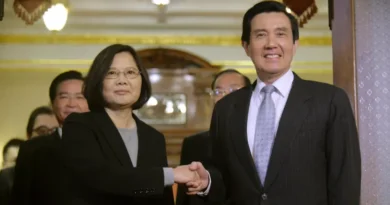Of Chinese bases, crickets, vaccines and nuclear submarines in Cuba
PASCUAL SERRANO
Last June, the US Secretary of State, Antony Blinken, stated that, according to the intelligence information available to them, China was strengthening its infrastructure for data collection in foreign countries, and added more specifically that "the People's Republic China had carried out an upgrade of its intelligence gathering facilities in Cuba in 2019."
The news was reported by The Wall Street Journal, adding that while Secretary of State Antony Blinken was meeting with President Xi Jinping, China was negotiating to establish a military training center in Cuba, which would put thousands of soldiers 90 miles away. off the coast of Florida.
Read more
